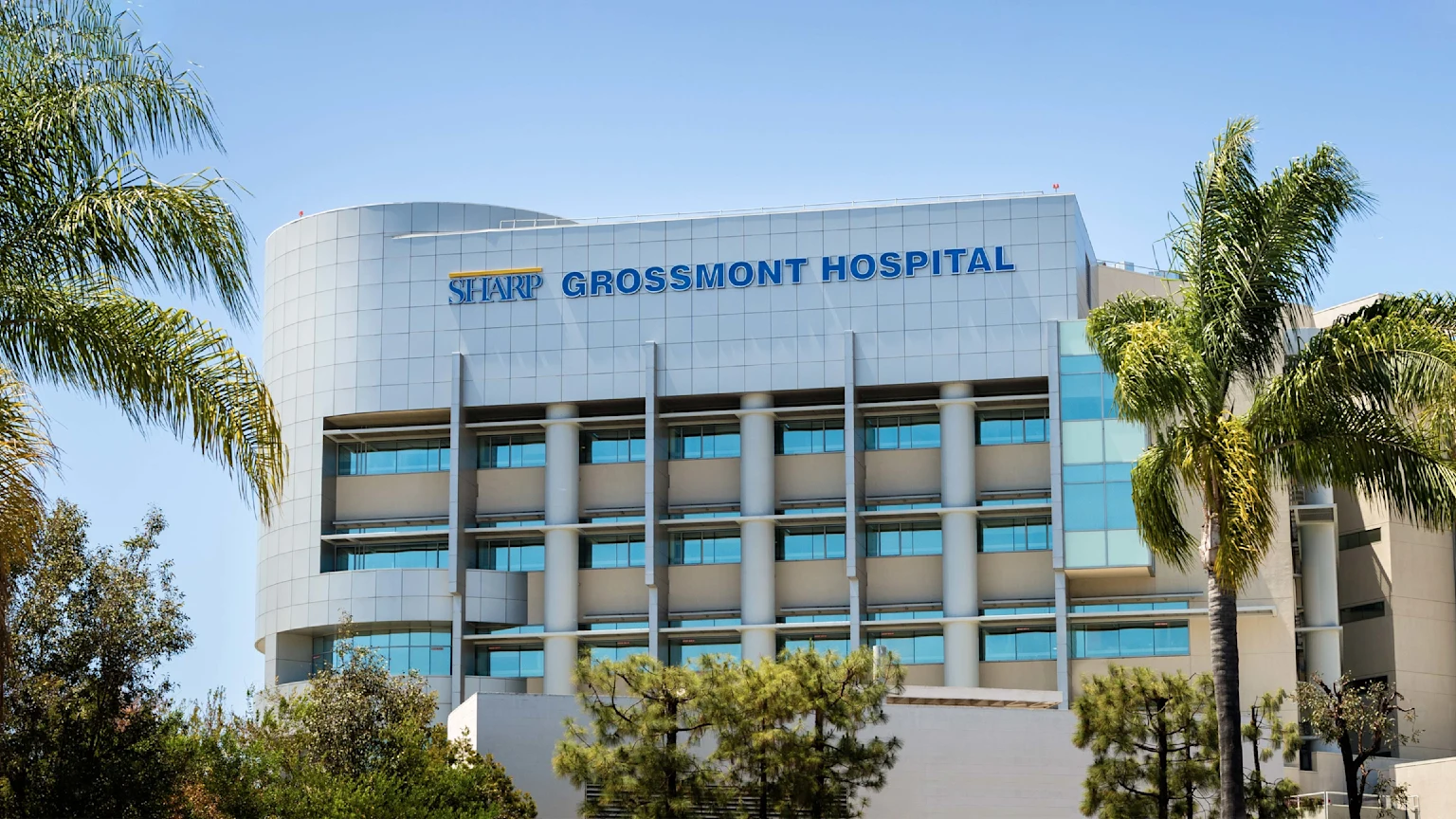San Diego cardiologists and heart care
At Sharp, you have access to a team of experts skilled in the latest cardiovascular treatments, technology and advanced research.

Find a heart doctor near you
Choose the San Diego cardiac specialist who's right for you.
Heart and vascular conditions
Our experienced team of specialists are proud to provide a full spectrum of heart and vascular treatments. We treat a wide range of cardiac conditions, including:
Angina
Arterial insufficiency
Cardiomyopathy
Carotid artery disease
Claudication and leg pain
Congenital heart defects
Deep vein thrombosis
Foot ulcers
Heart attack
Heart murmur
High blood pressure
Pericardial disease
Peripheral vascular disease
Pulmonary embolism
Renal artery stenosis
Varicose veins
Venous disease
Visceral (abdominal) artery disease
Heart and vascular treatments
No matter where in San Diego you live, there are heart care specialists nearby who are focused on putting you on the road to better health. Here, skill and technology combine to provide the most advanced cardiac treatments, including:
Heart and vascular clinical trials
Clinical trials are vital to finding and advancing heart treatment options and play a key role in saving the lives of more heart patients.
If you are interested in participating in a clinical trial, please consult with your doctor or contact the Sharp Center for Research at 858-499-4833 or send us an email.
We are currently involved in the following studies.
Frequently asked questions
Experience our heart health classes and events

Heart classes and support groups
Heart health classes, screenings and support groups for people with heart conditions.

Advanced Treatments for AFib On-Demand Video
Learn about minimally invasive procedures for atrial fibrillation (AFib).

Advanced Treatments for Heart Failure On-Demand Video
Our team of expert heart specialists talk about treatment options for heart failure.
San Diego heart and vascular locations
We offer heart and vascular care at hospitals across San Diego — from South Bay to East County to Central San Diego.


